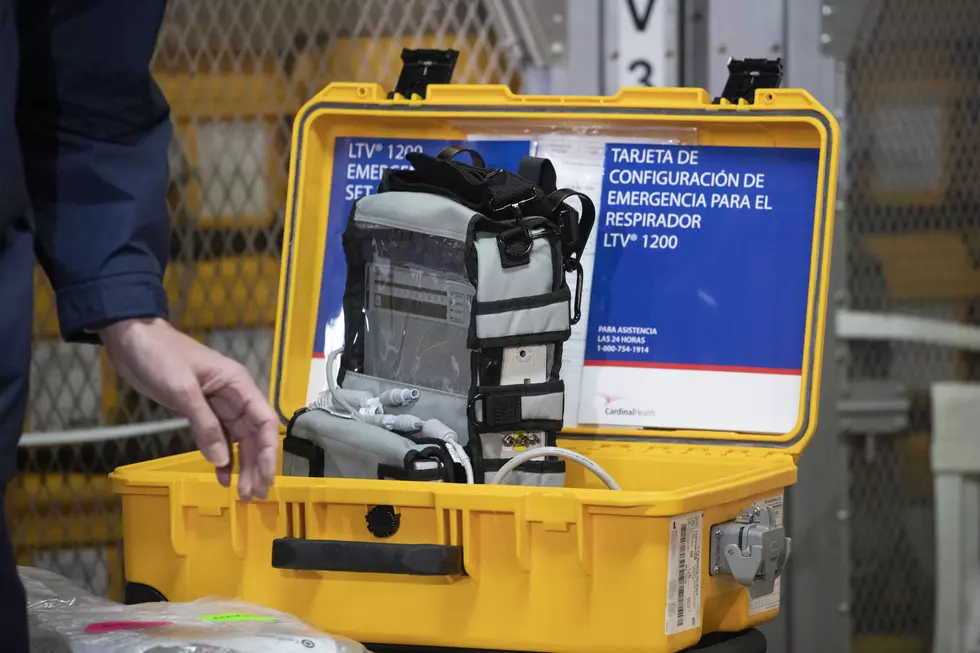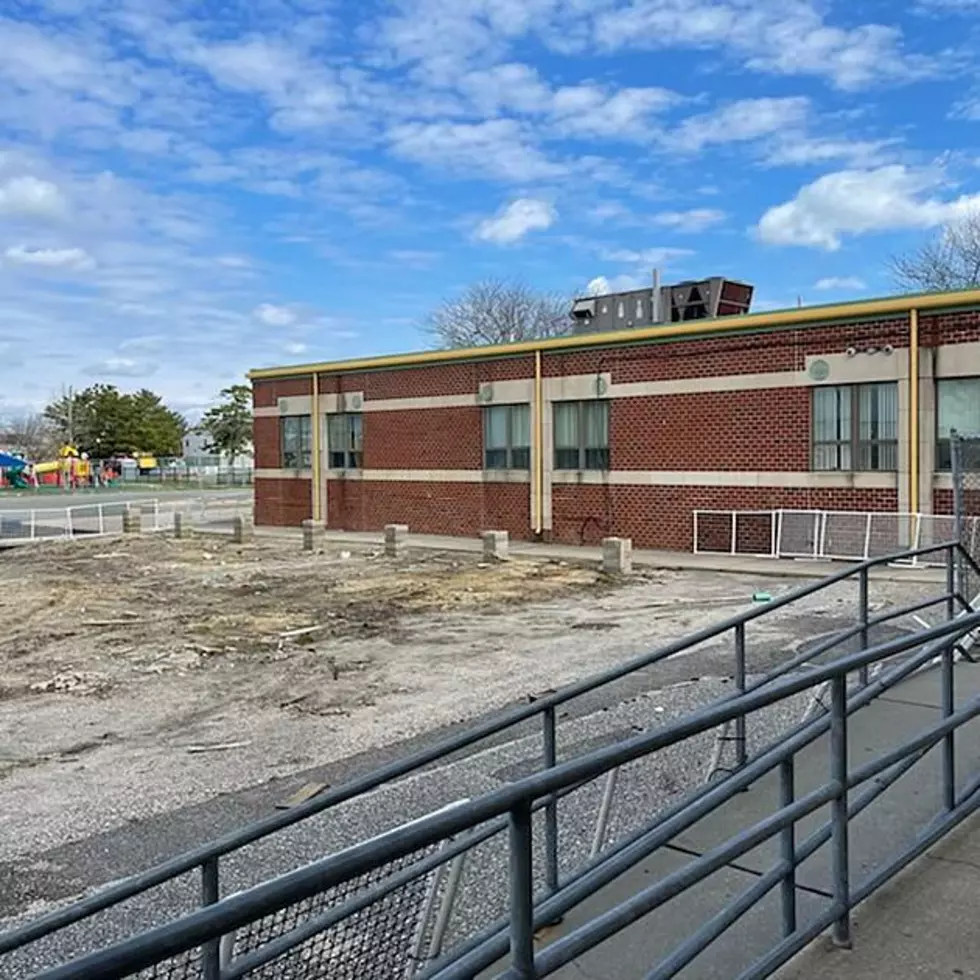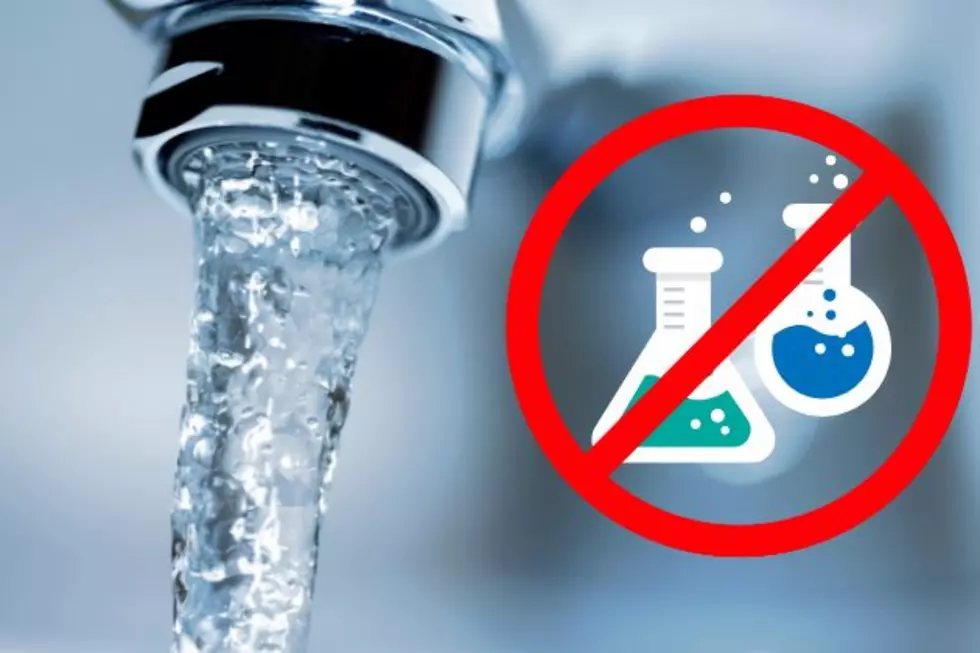
NJ to set rules for who gets life-saving treatment when hospitals run out
Health officials in New York and New Jersey expect a crushing surge of hospital patients in the coming weeks.
If what is happening in Italy — one of the nations hardest hit by the novel coronavirus — is any indication of what's to come, that could mean a devastating shortage of hospital beds and ventilators, leaving doctors to decide which patients will get life-saving treatment and which patients will not.
Such decisions would be made based on guidelines that will be drafted by a bioethics committee being empaneled by the state this week.
The committee, which will be led by former state epidemiologist Eddy Bresnitz, will base its discussions on work already compiled by a subcommittee of the Medical Society of New Jersey, a professional organization of physicians.
Gov. Phil Murphy and Health Commissioner Judith Persichilli last week said that the state was working to avoid a disaster scenario involving shortages of hospital beds or ventilators but was preparing for the event just the same.
The Army Corps of Engineers is erecting four field hospitals and working to reopen to closed hospitals in order to double the state's critical-care bed capacity by 2,000. The state also is seeking to acquire about 2,300 more ventilators, which are needed for patients who develop serious respiratory complications from COVID-19, the disease caused by the novel coronavirus.
Most infected people experience mild symptoms, but the highly infectious virus is severely sickening people at a pace that the healthcare system may not be able to tackle at a certain point.
"I've never witnessed anything like this," said Nir Eyal, a bioethics professor and director of the Center for Population–Level Bioethics at Rutgers University.
Eyal, who has written about healthcare triage and scarcity of resources in responses to Ebola and the 2010 Haitian earthquake, said that the "level of scarcity of the most important medical resources is going to be quite unprecedented" for the United States.
"The difference between ordinary times and what we are going to see is going to be absolutely staggering," he said.
Eyal said that it's important that the guidelines come from the state and that all hospitals follow the same rules in order to avoid confusion or benefiting people who may have insider information about hospitals' competing policies.
"We are going to enter a time when it's very important to not just expect doctors to make the best decisions for their own patients but rather to think about public health and help us together save the most lives … and distribute these scare and very important resources in the fairest possible way so it's not just the rich and powerful and connected who get it but the people who really should be getting it."
Similar discussions have been happening with hospital leaders across the country. Northwestern Memorial Hospital in Chicago was discussing whether to implement a universal do-not-resuscitate policy regardless of patients' wishes in order to avoid contaminating healthcare workers during those life-saving measures, the Washington Post reported.
It is not clear whether the state's bioethics committee would discuss resuscitation. Dr. Deborah Birx, the White House coordinator for the coronavirus response, last week pushed back on such reports, saying that there is "no situation in the United States right now that warrants that kind of discussion" on a national level, although "certainly many hospitals talk about this on a daily basis."
In Italy, where 10,800 deaths from COVID-19 have been reported since the end of February, doctors are giving priority to patients who are younger and have fewer pre-existing conditions as well as to patients with families who can help continue to care for them after being discharged from the hospital.
This weekend, Dr. Anthony Fauci, director of the National Institute of Allergy and Infectious Diseases, estimated that the pandemic could kill 100,000 to 200,000 Americans. By contrast, the flu kills as many as 62,000 people a year.
Eyal said there is always a difference in opinion in how care should be meted out but generally there is agreement that front-line workers such as hospital physicians and first responders get priority as an incentive for risking their lives to save others.
Giving a ventilator to a patient who has "poor chances of surviving" could mean losing lives of patients who would have had a better chance of surviving during those weeks, he said.
Persichilli last week said the state is "doing everything we can to possibly not get into that situation" of rationing.
That has included aggressive social distancing measures that have shut much of the state's commerce and all schools. The state Health Department surveyed ambulatory surgery centers, asking them to provide their anesthesia ventilators, which can be converted to intensive care ventilators.
"We are America. We don’t leave people behind," Murphy said Thursday. "We are doing everything humanly possible to head this off before we get into that discussion but we would be remiss and abrogating our responsibilities if we didn't have that discussion and be prepared in a worst-case scenario."
The Associated Press contributed to this report.
Newark's quiet in the coronavirus crisis
Sergio Bichao is deputy digital editor at New Jersey 101.5. Send him news tips: Call 609-359-5348 or email sergio.bichao@townsquaremedia.com.
More From WPG Talk Radio 95.5 FM










